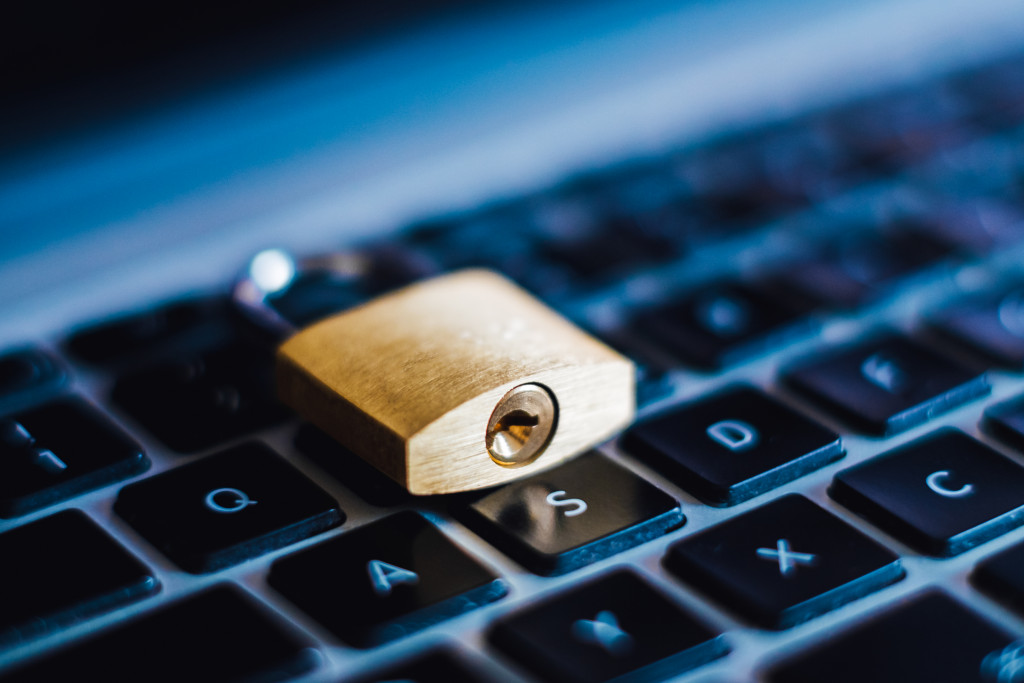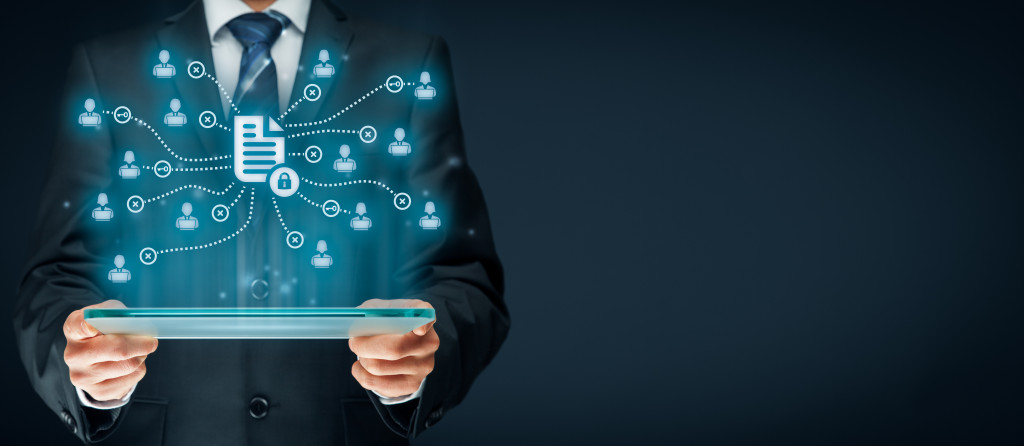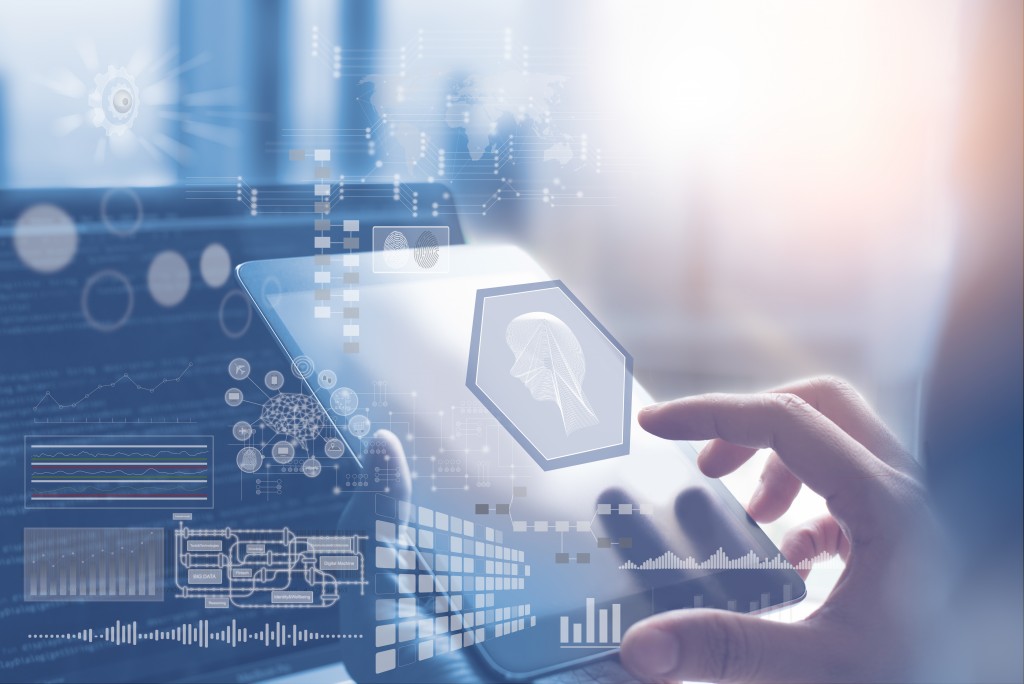We live in an age where information and data are key to the success of many large conglomerates and corporations worldwide. Within many of these business organizations, sensitive personal information of customers and clients is protected by IT professionals and automated cybersecurity software around the clock to ensure that it’s not leaked out and used by unauthorized individuals.
Even though there are many technological innovations in the past few years, the number of cyberattacks has been ramping up in the past year or so. In fact, certain studies have suggested that data leaks and breaches have impacted millions of individuals in 2019 alone. Although many businesses specialize in mitigating the number of cyberattacks in the past few years, it’s still known for being one of the main causes of data being illegally leaked worldwide.
Information and data are vital in the formation of strategies and business plans that companies can use shortly. That said, it has always played an integral role and a key indicator to business continuity. After all, the last thing that businesses want is to face legal repercussions from information being leaked or the organization’s reputation is tainted.
Most would say that one of the best ways to improve cybersecurity in the workplace and improve security measures is by practicing cyber hygiene. But what is cyber hygiene? What makes it such an important part of cybersecurity? Here are some important things that you will need to know.
What Is Cyber Hygiene?
Probably the first thing that you’ll think about when you hear the word “hygiene” is that it will usually involve a lot of daily rituals. In most cases, this will come in the form of brushing your teeth, eating meals at regular intervals, and taking a shower right before going out. But other than these practices, many of our daily processes and procedures aren’t just there because it’s something that we do every day: there’s a purpose to it. As the name suggests, hygiene is something that we do since we want to keep ourselves clean, safe, and secure.
Although many of our daily activities aren’t associated with technological innovations, there are also some practices that we usually do in our daily lives that are related to technology. In most cases, this is a way of maintaining devices and equipment at home or work. For instance, we have to get our laptops and desktops cleaned so that dust and other particles won’t disrupt the device’s temperature control.
Besides cleaning these devices to ensure that they are functional, we also need to effectively manage files, documents, and software within many of these devices to ensure that they are protected from individuals with malicious intent or malware that could corrupt them.
Before we can discuss strategies that can help protect your sensitive information and data, we’ll need first to discuss cyber hygiene and why it’s important in the first place.
As the name suggests, cyber hygiene is a way of training and accustoming yourself to proactively monitoring your cybersecurity in the same way you would with your own health and hygiene. Here are some important strategies that you can incorporate into your cybersecurity network to maximize safety and reduce the likelihood of data breaches.
Being Thorough and Accurate

Contrary to what most people think, deleting files off your recycle bin doesn’t necessarily mean that those files are now deleted. If you’re planning on deleting a file permanently, you must be accurate and thorough with scrubbing your data using data-wiping software.
It’s also important to get in the habit of clearing out data that’s already not necessary with your organization. The more data is left exposed, the more likely this can be leaked.
If you’re not quite sure where you should be focusing your security efforts, then there’s no hurt in commissioning the services of professionals who are well-versed with cybersecurity. Fortunately, cybersecurity services offer many services, including cloud security, endpoint security, and managed IT services. If you want to learn more about these services, you can check the CMMC about page for a more comprehensive look into their services.
Making It Part of Your Daily Routine
Finally, cyber hygiene requires you to make these practices part of your daily routine. You might have to back up many of your files in a secure location. Backing up important files offline or on a cloud drive can help you recover lost or corrupted files. Not only does this help protect against data loss, but this can prevent data breaches, especially when many of these files can be stored in remote locations rather than being accessed online. Remember: it takes an average of around 66 days to make something into a habit. Although saving your files might seem like a chore at the present moment, it will eventually become second nature in the long run.
There are various ways to maximize the cybersecurity of your organization or in any of your devices. Although practicing cyber hygiene might mean that you’ll need to put in more work and effort in protecting your sensitive information and files, it’s one of the best ways of ensuring that you won’t have a problem at the end of the day. Although you might have to invest in your cybersecurity systems, this is a better choice than having to spend tens of thousands trying to fix repairs and damages caused by malware.


